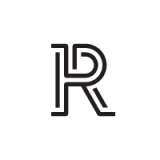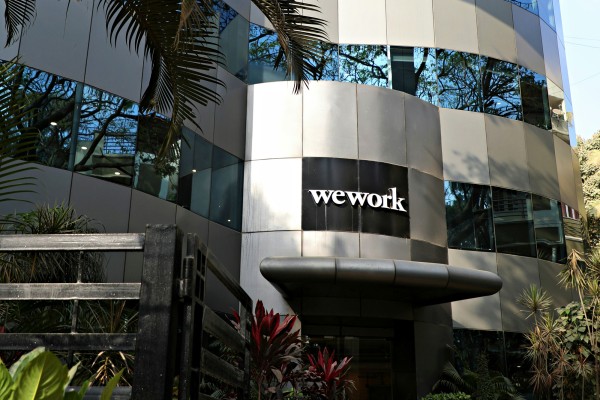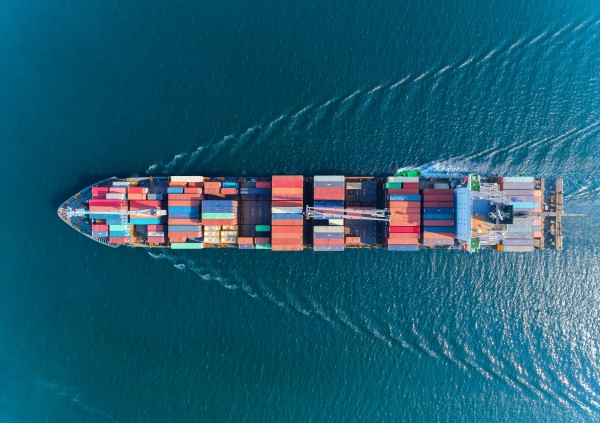Investors withdraw due to severe human rights abuses in the supply chain
# I. What happened?
The South Korea-based company Posco Daewoo Corp (formerly Daewoo International), produces textiles and fabrics made of cotton. Since the 1990s, it has heavily invested in production facilities in Uzbekistan, a major cotton-producing country, thus moving production close to the source of the raw material. However, the Uzbek cotton industry has been plagued by systematic, and often severe, child labor and forced labor issues.
Up until 2012, the Uzbek government implemented a policy that forced children to leave school to work in the fields, where they had to stay for several weeks and harvest up to 130 pounds of cotton daily. Refusing participation was heavily penalized through measures such as physical abuse, disadvantages at school, and police intimidation.
A change in government policy in 2012 led to a decline of child labor cases. However, while the incidence of child labor has declined, the need for labor has been filled by an increase in forced labor among adults. To ensure sufficient adult labor, Uzbek businesses are allegedly forced to send contingents of their staff to harvest the cotton during the harvest season, while public sector employees are threatened with losing their jobs if they do not participate in the hard work in the fields. The forced workers reportedly have to pay penalties if they fail to pick enough cotton to meet their daily quota, are not given protective equipment when forced to spray chemicals, and are housed in unsanitary accommodation. According to a report by the NGO Cotton Campaign, 11 people lost their lives during the 2013 harvest.
RepRisk identified human rights abuses, child labor, and forced labor issues related to Daewoo in Uzbekistan from the inception of the RepRisk database in 2007, although there were documented incidents dating back to 2005.
# II. Consequences for Posco Daewoo
In 2014, Daewoo’s damaged reputation due to its supply chain issues started to translate into concrete consequences for the business. In August that year, the Wall Street Journal (WSJ) linked Daewoo’s Uzbek cotton business to human rights violations.
In the fall off 2014, several international investors, including Norway’s KLP pension fund, Delta Lloyd Asset Management, and Dutch Pensioenfonds Horeca & Catering, excluded Daewoo from their investment portfolios due to the company’s association with child labor, forced labor, and other human rights abuses.
In December 2014, an official case was filed against the company at the OECD National Contact Point in Korea for breaching the OECD Guidelines for Multinational Enterprises. Moreover, Daewoo’s sourcing practice not only impacted its own reputation, but also that of its clients. Brands including H&M and Nike have repeatedly been criticized for sourcing textiles from Daewoo.
# III. Was it predictable?
International media started to report about Daewoo’s child labor and forced labor issues in 2013. However, NGO reports highlighting Daewoo’s human rights issues in the cotton supply chain had been prevalent for several years before.
RepRisk identified human rights abuses, child labor, and forced labor issues related to Daewoo in Uzbekistan from the inception of the RepRisk database in 2007, although there were documented incidents dating back to 2005. At that time, the US NGO Environmental Justice Foundation published a report stating that cotton production in the country was one of the most exploitative businesses in the world. Daewoo was named as one of the companies associated with severe human rights violations, including slave-like conditions for the workers, child labor, and environmental destruction.
In late 2012 and early 2013, RepRisk captured reports on related risk incidents for Daewoo from several NGO sources, including Human Rights Watch, the International Labor Rights Forum, and the Cotton Campaign. NGOs further accelerated their activism on the topic, and by late 2013, the Guardian picked up the story, followed by the WSJ almost a year later. By that time, Daewoo had admitted to sourcing raw cotton produced by child and forced labor and was facing calls to pull out of Uzbekistan. However, the company did not fully address the situation, which led to the consequences described above.
# IV. Company description
Posco Daewoo Corp, which changed its name from Daewoo International in March 2016, is a general trading company. The company exports and imports steel, cement, crude oil, heavy machinery, automobile parts, and textiles. It also manufactures synthetic fabrics for footwear, garments, and car seats, and organizes projects such as power generation, railroads, ports, plants, and IT facilities. The company operates as a subsidiary of POSCO.
What RepRisk data captured
December 2012 Swedish business magazine “Veckans Affärer” criticizes H&M for sourcing cotton produced in Uzbekistan, where child labor and slave-like working conditions are allegedly prevalent. It explicitly mentions Daewoo as a supplier of H&M. The NGO Anti-Slavery International calls on H&M to eliminate the use of Uzbek cotton.
April – May 2013 RepRisk identifies three very severe incidents from NGO sources, linking Daewoo to child labor and forced labor in the Uzbek cotton industry. The sources criticize Daewoo and its clients such as H&M and Nike.
July 2013 The US Business Wire news services picks up NGO reports claiming that Daewoo International is the largest cotton manufacturer in Uzbekistan, where allegedly the government forcibly mobilizes more than a million children and adults to work the annual cotton harvest, in violation of national and international labor standards.
October 2013 The Guardian reports that the NGO Walk Free Foundation has criticized Nike for sourcing from Daewoo, one of its synthetics suppliers and the largest cotton producer in Uzbekistan.
Copyright 2020 RepRisk AG. All rights reserved. RepRisk AG owns all intellectual property rights to this case study. This information herein is given in summary form and does not purport to be complete. Any reference to or distribution of this case study must include the entire case study to provide sufficient context. The information provided in this presentation does not constitute an offer or quote for our services or a recommendation regarding any investment or other business decision. Should you wish to obtain a quote for our services, please contact us.



